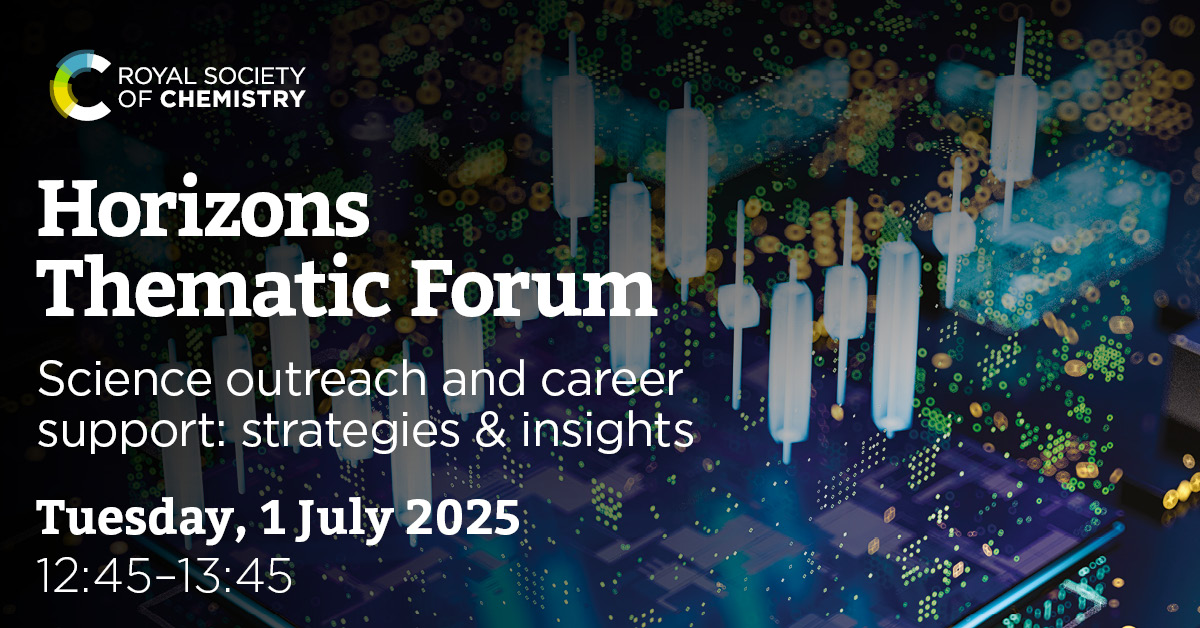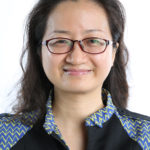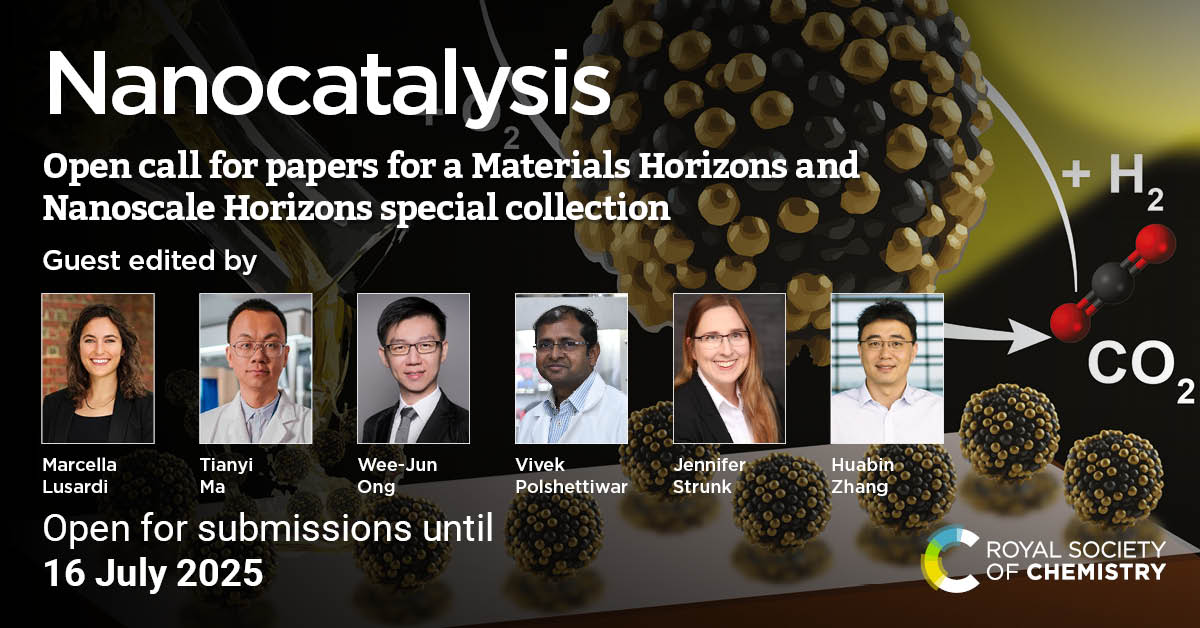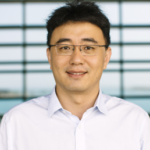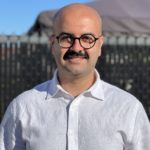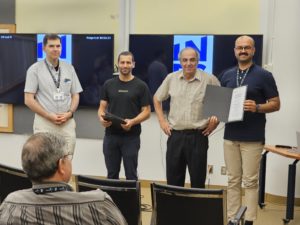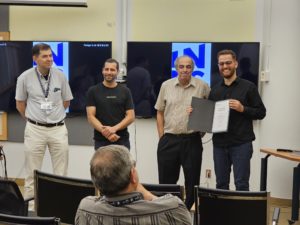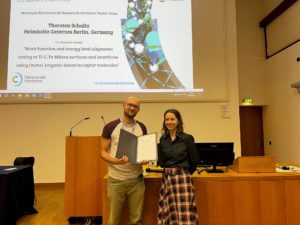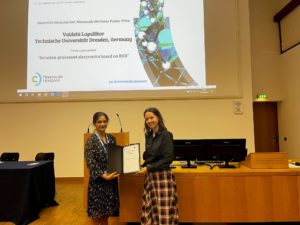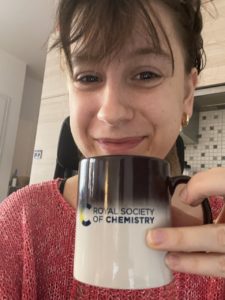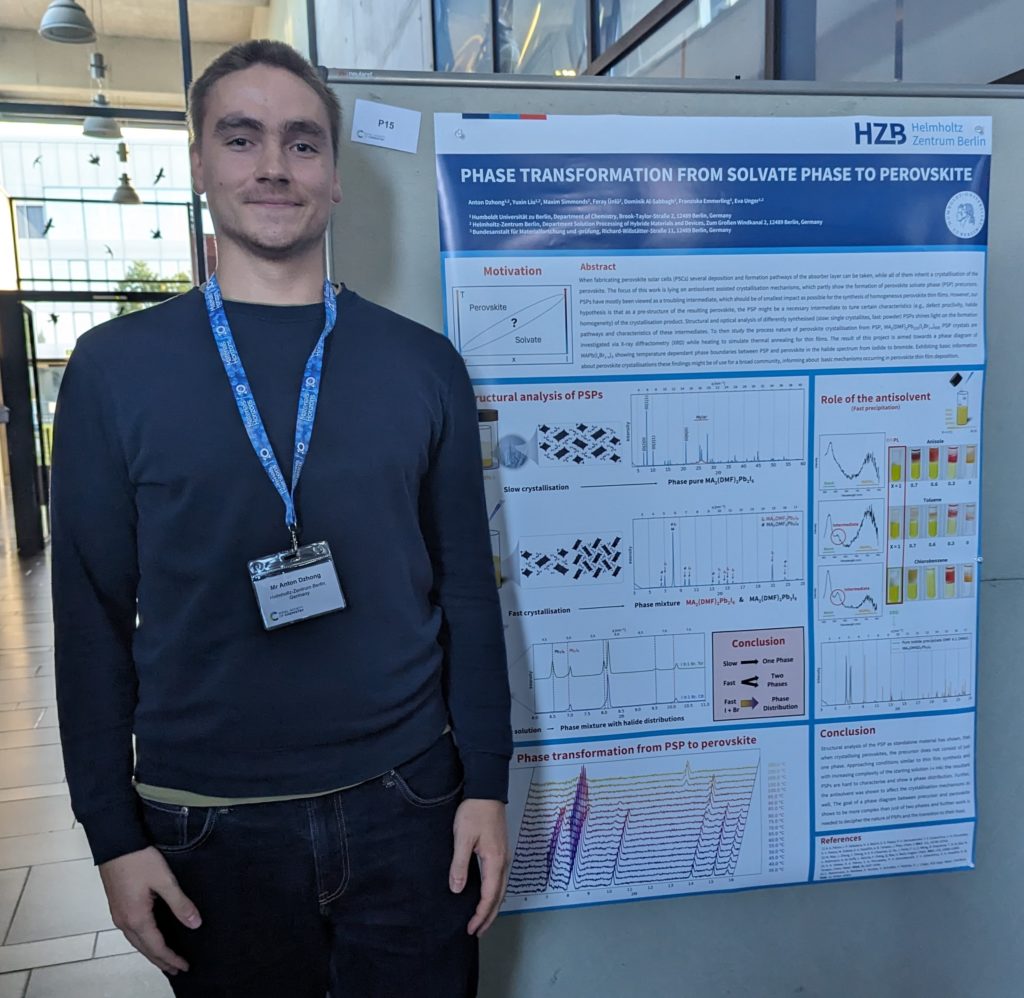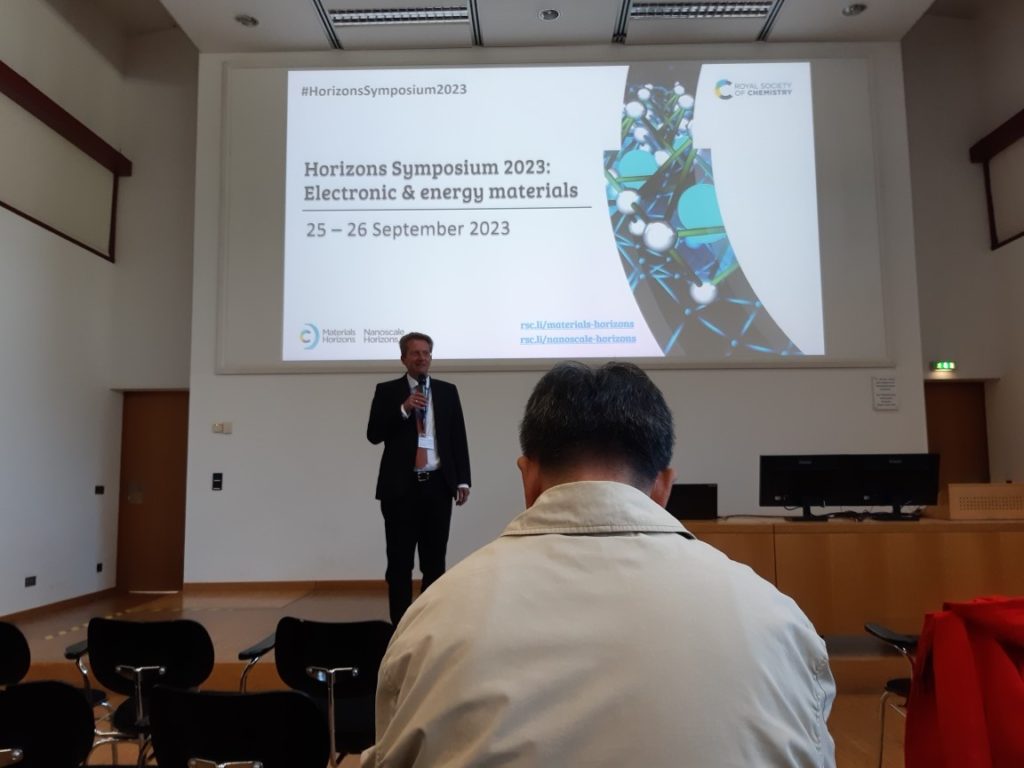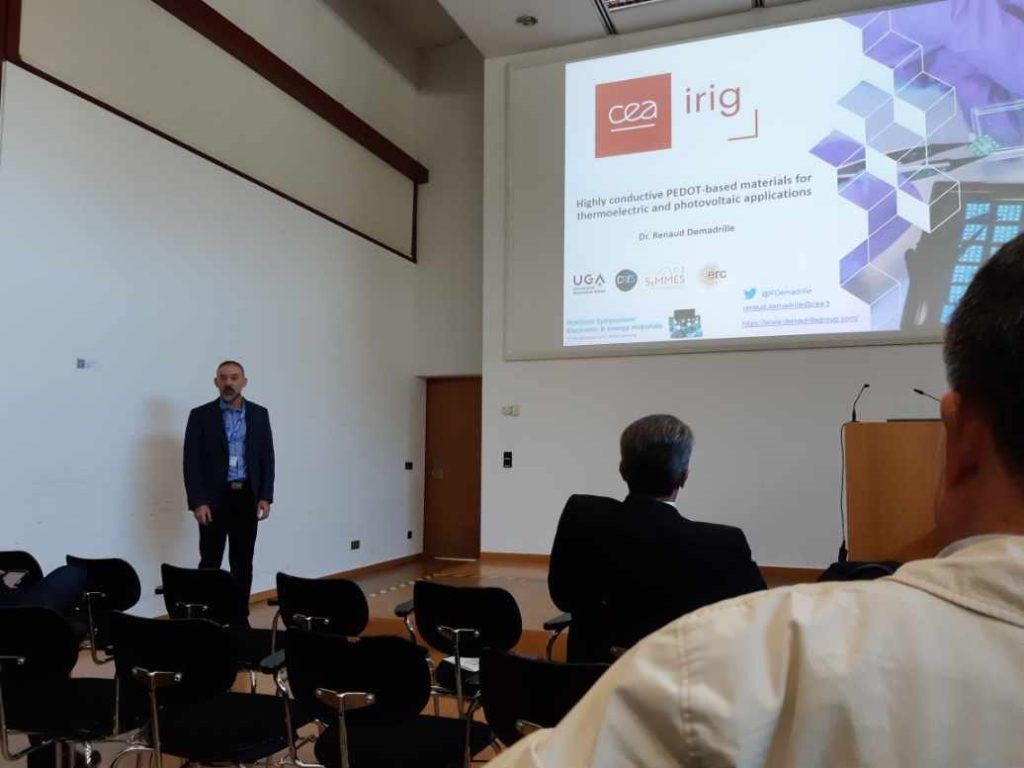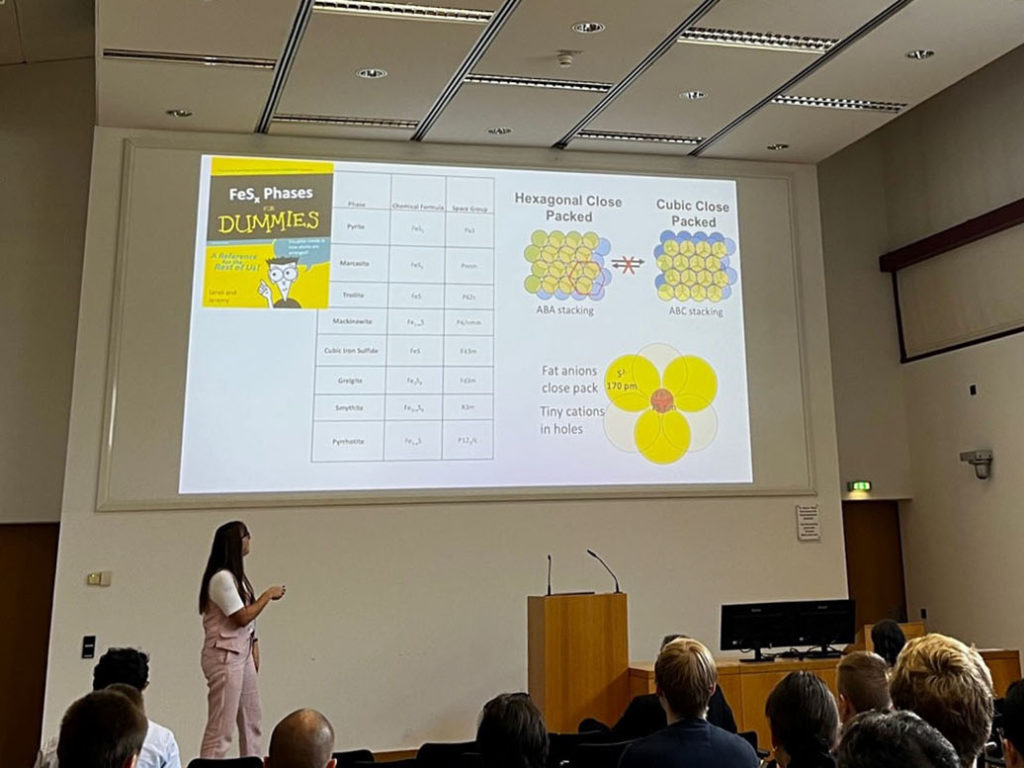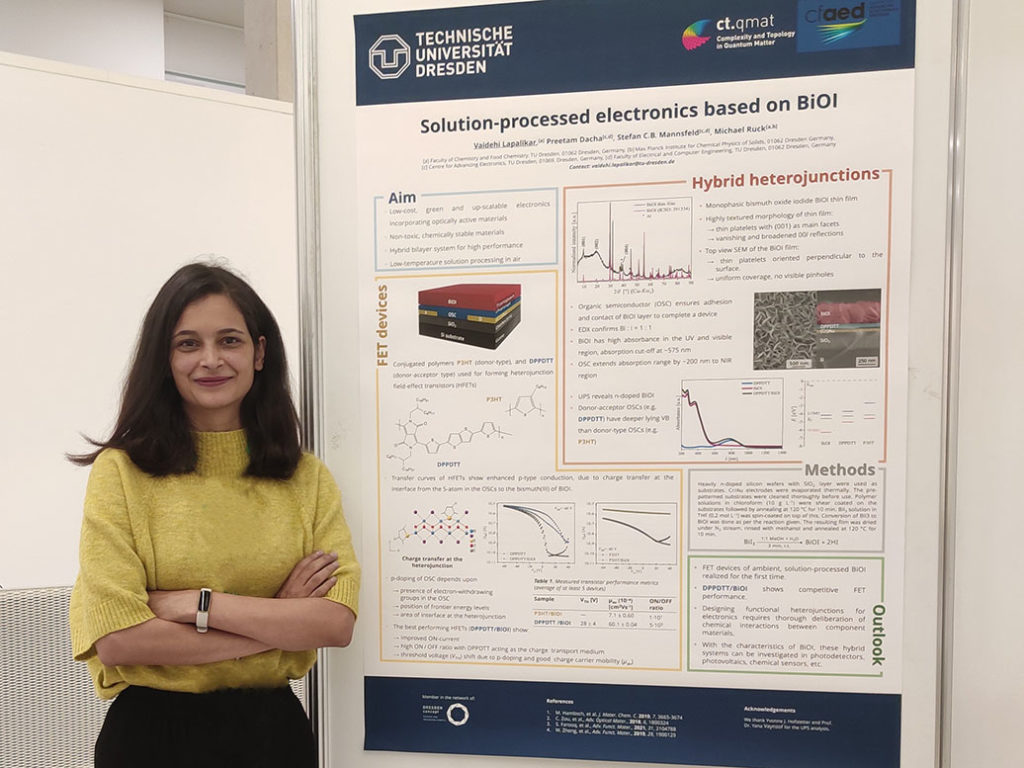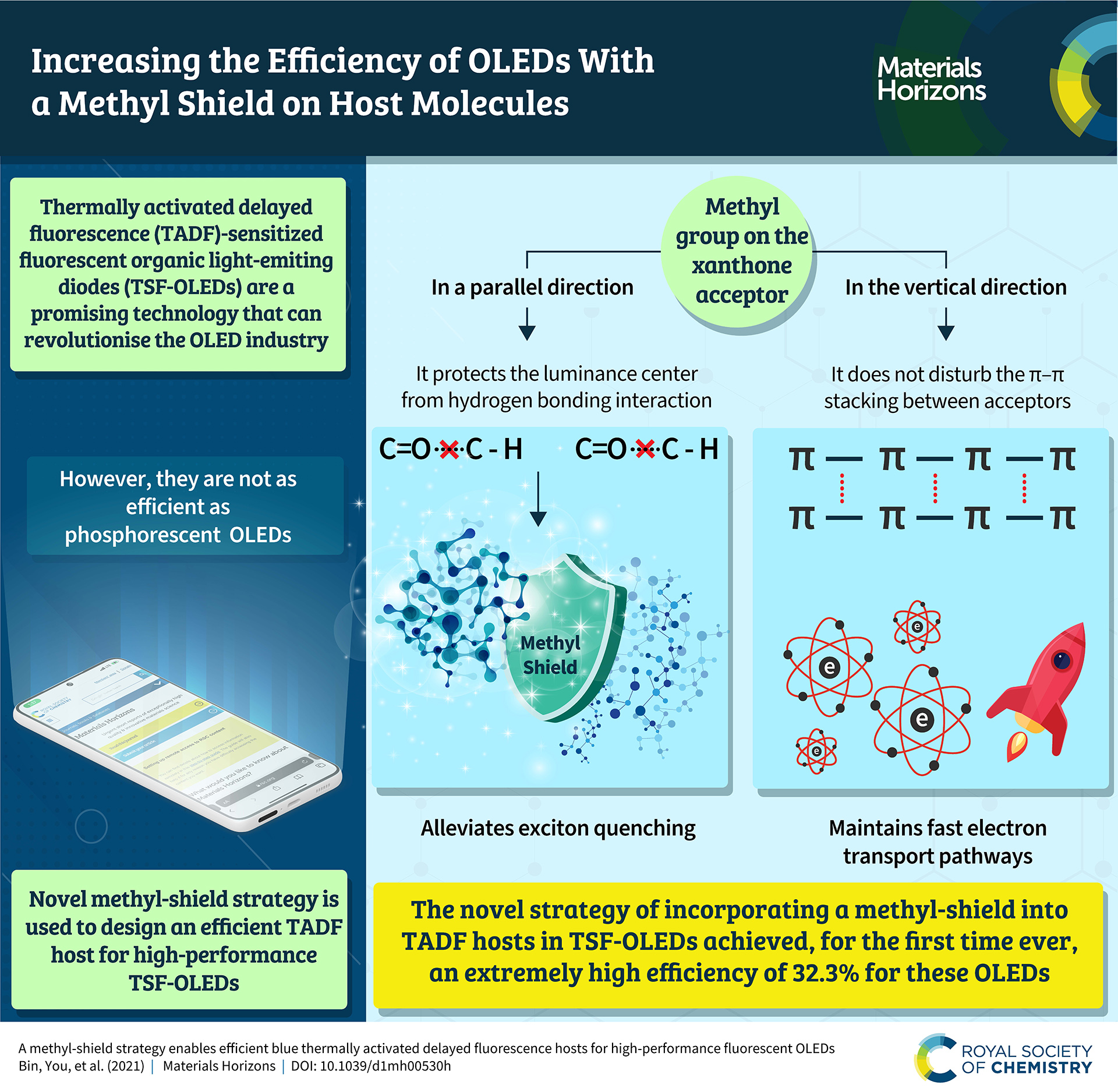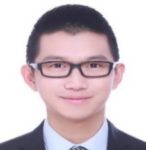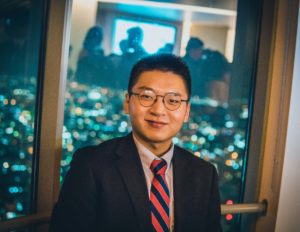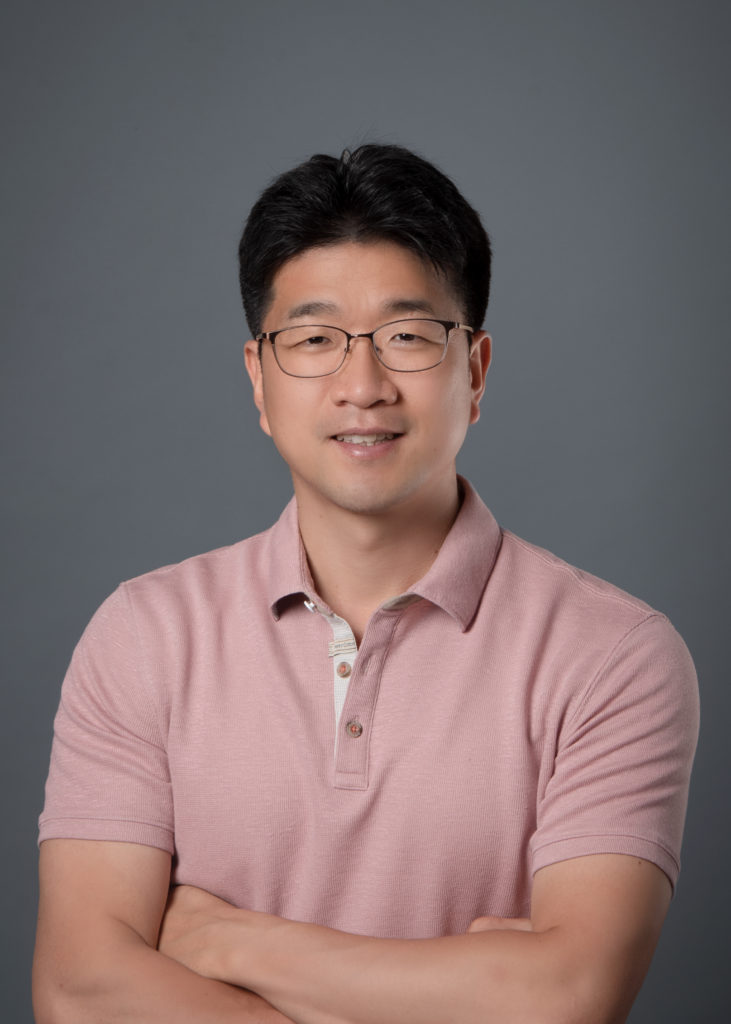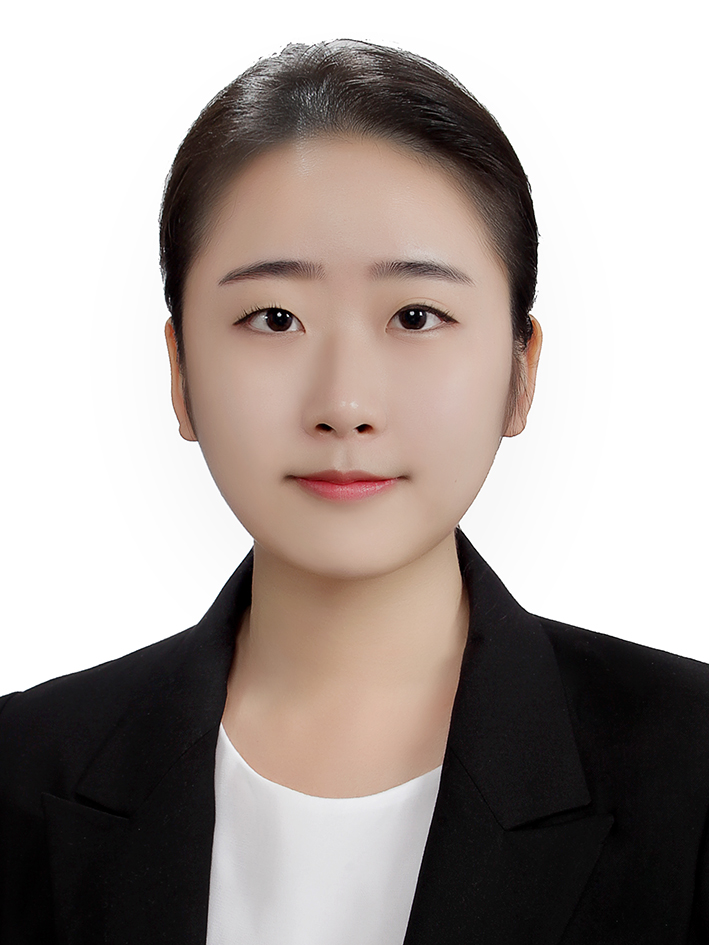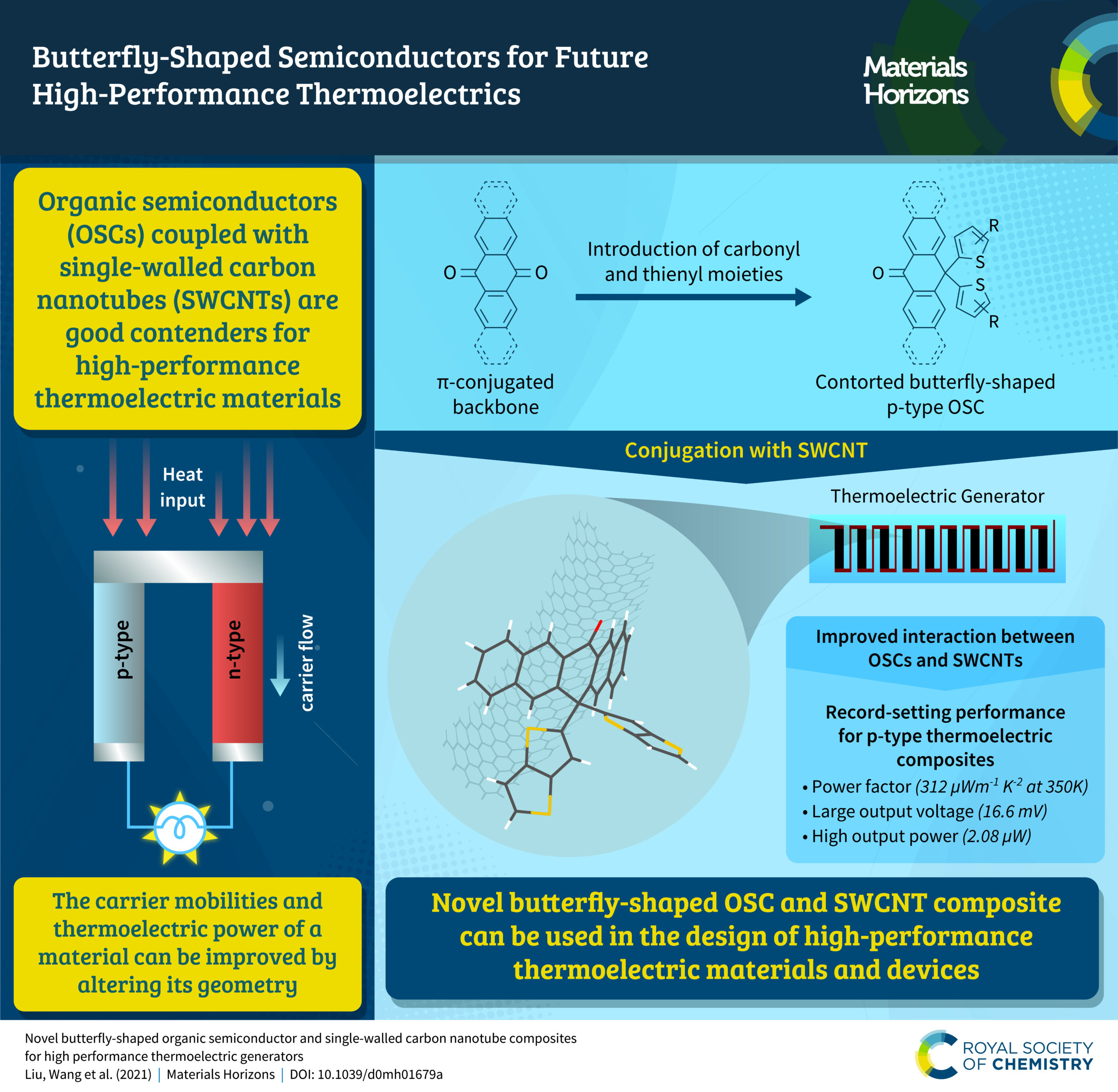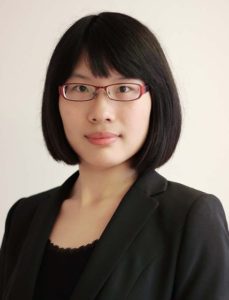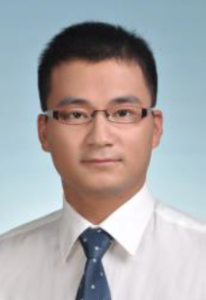Bioinspired Materials Chemistry Frontiers
Open call for papers
We are pleased to announce an open call for papers to a themed collection across Materials Horizons and Materials Chemistry Frontiers.

This collection is being Guest Edited by Professor Shu-Hong Yu (University of Science and Technology of China), Professor Shutao Wang (Technical Institute of Physics and Chemistry, CAS), Professor Mingjie Liu (Beihang University), Professor Huai-Ping Cong (Hefei University of Technology) and Professor Feilong Zhang (Technical Institute of Physics and Chemistry, Chinese Academy of Sciences).
Open for submissions until 30 April 2026
Nature, through billions of years of evolution, has engineered material systems with exquisite architectures, remarkable functionalities, and unparalleled energy efficiency. Biological systems, such as the self-cleaning lotus leaf, the fracture-resistant nacre of abalone shells, the high-strength of spider silk, and the high-efficiency of photosynthesis, serve as an endless source of inspiration for materials scientists.
This special-themed collection aims to curate the latest groundbreaking research in the field, showcasing how the understanding, mimicry, and transcendence of Nature’s strategies can lead to the design and fabrication of a new generation of high-performance, multifunctional, and sustainable advanced materials. The scope of the collection is intentionally broad, including but not limited to:
- Bioinspired Structural Materials;
- Bioinspired Functional Surfaces and Interfaces;
- Bioinspired Smart and Responsive Materials;
- Biomineralization and Green Synthesis;
- Energy-Related Bioinspired Materials;
- Bioinspired Biomedical Materials;
- Bioinspired Sensors and Devices;
- Cross-Scale Fabrication Techniques.
This collection will provide a high-level platform for global researchers to discuss the challenges and future of bioinspired materials, fostering the transition from fundamental principles to practical applications, and offering innovative solutions to grand challenges in energy, environment, health, and advanced manufacturing.
Meet the Guest Editors
 |
Shu-Hong Yu (University of Science and Technology of China)
Shu-Hong Yu completed PhD in inorganic chemistry in 1998 from the University of Science and Technology of China. From 1999 to 2001, he worked at the Tokyo Institute of Technology as a Postdoctoral Fellow and was awarded the AvH Fellowship (2001-2002) at the Max Planck Institute of Colloids and Interfaces, Germany. He was appointed as a full professor in 2002 and the Cheung Kong Professorship in 2006. He was elected as an Academician of the Chinese Academy of Sciences in 2019 and the Fellow of the Royal Society of Chemistry (RSC) in 2013. He serves as the Chief Scientist at Hefei National Laboratory for Physical Sciences at Microscale. His research interests include bio-inspired synthesis of inorganic nanostructures, self-assembly of nanoscale building blocks, nanocomposites, their related properties and applications. His research work has been cited more than 104,000 citations (H index 175), named as a Highly Cited Researcher from 2014 to 2024. |
 |
Shutao Wang (Technical Institute of Physics and Chemistry, Chinese Academy of Sciences)
Shutao Wang is a full professor at Technical Institute of Physics and Chemistry, Chinese Academy of Sciences. He obtained his PhD degree in 2007 at Institute of Chemistry, Chinese Academy of Sciences (ICCAS). He then worked as a postdoctoral researcher in the Department of Molecular and Medical Pharmacology and California NanoSystem Institute at the University of California in Los Angeles (2007–2010). Subsequently, he was appointed as a full Professor of Chemistry from 2010–2014 at ICCAS. His scientific interests focus on the design and synthesis of bio-inspired interfacial materials with special adhesion and their applications at the nano-biointerface |
 |
Mingjie Liu (Beihang University)
Mingjie Liu is currently a full professor at Beihang University. He received his PhD degree from the National Center for Nanoscience and Technology, Chinese Academy of Sciences (2010). Then he worked as a postdoc in Prof. Takuzo Aida’s group in Riken in Japan from 2010 to 2015. His research focuses on bioinspired functional mechanical polymer composites. Based on multiphase synergy and ordered orientation, he proposed the concept of polymer confined composites, constructing high-performance elastic materials for complex environments. These materials have been applied in soft robotics, wearable devices, anti-fouling and drag reduction, and other fields. |
 |
Huai-Ping Cong (Hefei University of Technology)
Huai-Ping Cong received her BS degree in chemistry from Anhui University in 2004, and her Ph.D from the University of Science and Technology of China (USTC) in 2009. After two years of postdoctoral work at the Department of Chemistry, Aarhus University, Denmark (2009-2011), she worked in the Department of Chemistry, USTC, as an associate professor. She has been working as a Huangshan Scholar Professor at the School of Chemistry and Chemical Engineering, Hefei University of Technology since 2013. She was selected as Excellent Young Scholars by NSFC and Distinguished Young Scholars by Anhui Province in 2019. In 2023, she received Nano Research Young Investigators Awards in Bio-inspired Nanomaterials. Her research interests focus on the design and fabrication of nanostructured flexible functional materials and their applications in flexible devices. |
 |
Feilong Zhang (Technical Institute of Physics and Chemistry, Chinese Academy of Sciences)
Feilong Zhang is currently a professor at Technical Institute of Physics and Chemistry, Chinese Academy of Sciences. He received his BS degree from the University of Science & Technology Beijing (USTB, 2012) and his Ph.D. from the Institute of Chemistry Chinese Academy of Sciences (ICCAS, 2018) under the supervision of Prof. Shutao Wang and Prof. Lei Jiang. He then worked as a postdoctoral research fellow in Prof. Xiaodong Chen’s group at the School of Materials Science and Engineering, Nanyang Technological University (2018-2023). His research focuses on the design and fabrication of 3D devices and smart flexible electronics for plant monitoring and modulation.
|
Did you know?
At the Royal Society of Chemistry, our themed collections are built by collaboration between our Guest Editors and expert Editorial Board and internal editors. Our Guest Editors guide the scope and curate the contributions in our collections but all submissions are handled through peer review as usual by our team of Publishing Editors in consultation with the Editors of the journal. This means that as an author you receive a consistent experience, and as a reader you can trust the quality of the science being presented.
How to submit
Submissions should fit within the scope of either Materials Horizons or Materials Chemistry Frontiers. Please visit the journal webpages for more information on their scope, standards and author guidelines. We invite authors to select the journal that best suits their submission.
This open call is open for primary research only. Please note that in Materials Horizons, primary research is accepted in the form of Communications and requires a ‘New Concepts statement’ to help ascertain the significance of the research. General guidance and examples can be found here.
When ready please submit your manuscript directly to the submissions platform for Materials Horizons or Materials Chemistry Frontiers where our Editors will assess as per the scope and standards of the journal. Please add a note in the ‘Comments to the Editor’ and ‘Themed issues’ sections of the submission that this is a submission to the ‘Bioinspired materials’ themed collection in response to the Open Call.
Please note that all submissions will be subject to our standard rigorous peer review process, including initial editorial assessment as to suitability for the journal. If accepted, your article will be published in a regular issue of the journal and added to the online collection to ensure fast publication while providing additional visibility.
We sincerely hope that you will be able to accept our invitation to contribute to this exciting collection on such an important topic.











